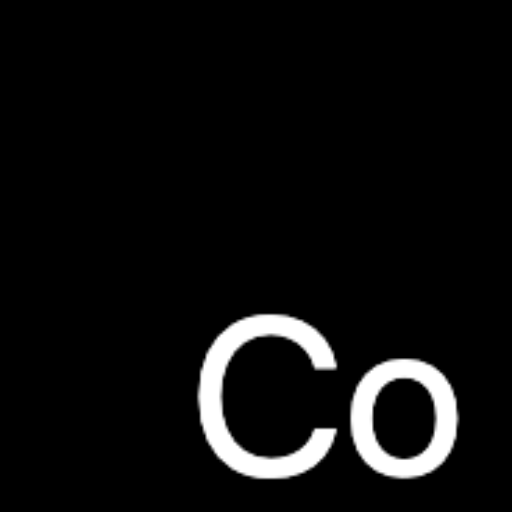JavaScript frameworks such as React, Angular, and Vue are powerful tools used to create interactive, user-friendly webpages and applications. While React and Angular remain two of the most commonly used JavaScript frameworks, Vue has not yet achieved the same level of recognition. So why is Vue not as popular as other JavaScript frameworks?
Vue’s late arrival to the scene is one factor that has contributed to its lack of popularity. Vue was created in 2014 by former Google engineer Evan You, and this is much later than React’s release in 2013 and Angular’s in 2016. As a result, React and Angular have had an early advantage in terms of adoption and usage, and they have managed to stay at the top of the JavaScript framework market.
Another factor that has led to Vue’s lower popularity is the lack of corporate support. React is developed and supported by Facebook, and Angular is developed and supported by Google, both of which have access to large resources and manpower to continually improve and promote their products. Vue, on the other hand, is developed independently and has yet to receive any major corporate backing.
The lack of knowledge about Vue among developers is also a contributing factor. React and Angular are the most commonly taught JavaScript frameworks in universities and coding bootcamps, so there is a larger pool of developers who are familiar with them. Vue, however, is not as widely taught, causing some developers to take more effort and time to become proficient in it.
Vue is a powerful and lightweight JavaScript framework that is becoming increasingly popular with developers. Despite its lower popularity in comparison to React and Angular, Vue is still a viable option and its usage is likely to continue to grow in the future.
